10 Tips to help you race

As the season fast approaches there are a number of key items that any aspiring racer needs to be aware of, and to focus upon. You have trained hard all winter so you might as well put all of that work to good use. Here are 10 tips that should help you on your way :
1 : Have a plan
Recently I was out on the bike training with Fitzy (Mehall Fitzgerald winner of 5 Ras stages and former National Champion who represented Ireland over 120 times) who is never short of clear straight talking advice. He said that if he was bringing a good cyclist to a race and asked what the plan was and then got an answer of ‘I’ll see how it goes’ that he would stop the car, f**k your man out and make him cycle home.
You must have a plan. You must know why you are going to that race. Maybe it is for training so that you will be in peak condition for your main goal weeks later, or maybe you are going to get placed in the top 6 or maybe you are going to win, but you must know why you are going.
2 : Using a race as training
If you are going to a race that you are viewing as a training event that will increase your fitness and abilities so that you will be in peak condition for an event later in the season there is only one way to ride the race. Attack, Attack, Attack. Each time you attack and get caught it will make you stronger. You might end up getting dropped but that is OK. You will eventually attack someday when you will not get caught and you will solo to victory. Hiding in the bunch all day will not really make you stronger. Be part of the race and be active. You will enjoy it more too.
3 : Races are not won on Strava
Fitzy also had strong opinions on people racing who gauge their ability on where they rank on a Strava KOM leaderboard. This gives very little indication of how they will do in a race. All that matters in a race are how many people, if any, cross the finish line ahead of you. If you sit on a strong group of riders and jump them at the top of a drag in the middle of a race to get a KOM you are only fooling yourself. In the past any cyclist you spoke to would tell you that they were not training and hadn’t seen the bike since the previous Sunday, whilst having done over 30 hours that week. That was part of the tactical battle. If you want to be competitive don’t put all of your cards on the table for all of your competition to see. Keep some of your spins off of Strava. Maybe only upload them in batches of 10 or 15 every few weeks.
It can also be a good idea to put your garmin in your back pocket during a race or just have it showing speed and distance. Looking down watching heart rate and watts will only hold you back. You can always push yourself further in a race than you ever will in training. After a race, too often you hear people say that they looked down and knew they were gone once they saw how high their heart rate was. Some who have percentages onscreen even remark that they had hit 110% of their max h/r. All that tells you is that the figure entered was not your max h/r, and that by looking down and seeng 110% and easing up you still do not know what your max really is.
4 : Use others lack of planning to your advantage
In a race of 100 riders on any given Sunday in any given bunch there are about 80 who are there to see what might happen and maybe they might get up for a place at the finish. That is fine and they enjoy that, but if you are being competitive you can forget about that 80%. Then there are about 15 who are seriously planning on getting a placing in the top 6. Be at the very least one that 15 and try to figure out as many of the remaining 14 as possible to know who to follow approaching the finish. Then there are about 5 who are actually there to win. When you are amongst that group you must know who the other 4 are and pick one or possibly two to follow and watch them like a hawk.
5 : Train in bad conditions to race in bad conditions
You do not necessarily have to like training or racing in the rain but you must get used to it in order to shorten your odds of a victory. Sean Kelly is famous for his ability to race in bad conditions but even he will tell you that he does not particularly like riding his bike in bad weather, but he dislikes it less than others. On a wet day at least 50% of your opposition will have cracked before they get out of the car. Once you have trained in bad conditions you can use this to your advantage.
6 : Know how to sprint
You must be able to sprint and you must train to be able to sprint. Even if you view yourself as a climber you have to be able to sprint out of corners, sprint across to breakaway groups and most importantly be able to sprint in a small group at the finish, so you must do sprint training.
A good way to sprint train is to find a very quiet straight section of road.
Mark out 200 meters.
After a 20 minute warm up, roll to the start point and almost come to a stop in a gear something like a 53 x 16.
Then kick as hard as you can and change into a 15 and possibly a 14 if you get on top of the gear.
You should be 100% empty as you throw the bike at the line.
Then drop it down into a 39 x 25 or whatever the smallest gear is on your bike and spin back up to the start line again and repeat.
You should only be able to do 4 or 6 of these before you are completely empty. Then just do a 20 minute warm down and you’re finished. This 4o minute training session is very important and best done on a Tuesday.
Doing 20 or 30 sprints during a training spin is good practice for sprinting out of corners etc. but you need to do the tank emptying type to get that race winning edge.
7 : You can’t win a race on twitter or Facebook
Social media is great for many things but again as Fitzy says ‘You can’t tweet the lads up the road in the break to wait for you’
Mental recovery is an important part of race preparation just as physical recovery is after a hard training session. You need to arrive at a race slightly keyed up and some nervous energy is a good thing. To have the right amount of this energy you need to be mentally fresh. Spending all day and night before a race on Facebook and twitter keeps you wound up and makes you mentally fatigued. Read a book, watch a movie or do any single thing that you find relaxing, but don’t do it with your phone in your hand.
8 : Preparation is key
Your bike should be spotless and in as new condition every Saturday evening before a Sunday race.
Tyres should be checked for any piece of glass or debris that could cause a puncture.
Chains should be oiled invisibly i.e. you should not be able to see the oil on the chain or dripping from it. Your cassette should sparkle in the sunshine.
You feel better on a clean bike. You race better on a safe bike.
Your kit bag should be packed the evening before and everything in it should be fresh and clean, including shoes and helmets.
Your food and drink should be either packed or on the kitchen counter ready to be prepared before you leave.
You should have a race morning routine of when you eat breakfast, what you eat and drink on the way to the race. Some even plan where they will stop to use the toilet along the way. Always bring your own toilet paper just in case.
9 : Do your homework
If the race is on anywhere within cycling distance you should ride the course beforehand. Ideally you should also do your sprint training the Tuesday before on the finishing straight so that you know exactly where you can begin your sprint and hold it all the way to the finish line.
Look at the weather forecast and know exactly what direction the wind will be coming from. Look at the course on google maps and pick out a number of locations where you think that an attack might succeed.
The best place to attack is approaching the top of a drag or climb. People make an effort to get up the climb and then many tend to ease off slightly once they reach the summit. That is a good place to attack and go very hard down the other side. 10 meters over the top can easily become 100 meters on the way down. On a narrow twisting road you can get out of sight quickly and then you are in with a real chance of staying away.
Another good time to attack is just as another breakaway is being caught. If there has been a hard chase there will be a natural lull that you can take advantage of.
If you are not a sprinter attacking in the last kilometre just before the sprint begins when everyone is watching each other and nobody wants to waste their efforts by leading everyone else out can be a good time. It might only work 5 or 10% of the time but throughout the season that could be two race wins for you.
There are times when it is good to bring a few riders with you such as 20k from the finish and times when you should just try to go it alone such as anywhere in the last 5k.
Do not sit up until you are caught or cross the finish line. I once won a race by keeping going when all of my breakaway companions sat up and said that we were caught and there was no point continuing. The bunch saw them sitting up and the chase eased up too. That was enough for me to open up another gap which grew out again and I made it to the finish alone.
10 : Enjoy racing
There is nothing in ordinary life that can give you the feeling of exhilaration that bike racing can. But you must be involved and not just a spectator in the bunch. No matter how competitive you are against your opposition there is always a mutual respect afterwards that leads to very long lasting friendships.
Racing is what you have been training for. All of those hard winter spins, those intense efforts as you buried yourself in training and those Saturday nights when you were in bed at 9.30pm were all for this, so make the most of it.
Barry

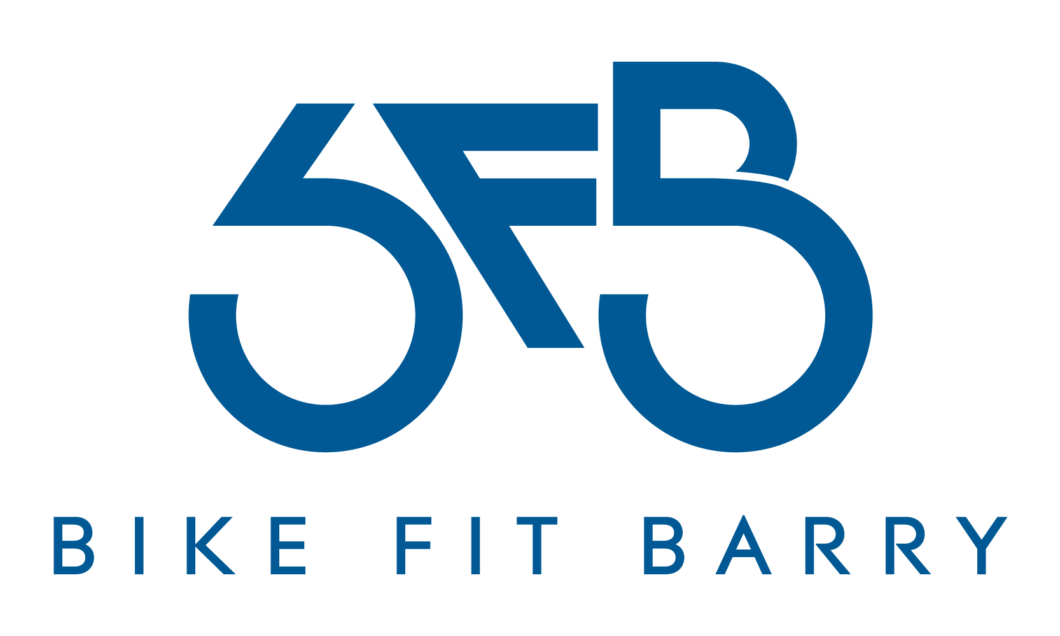
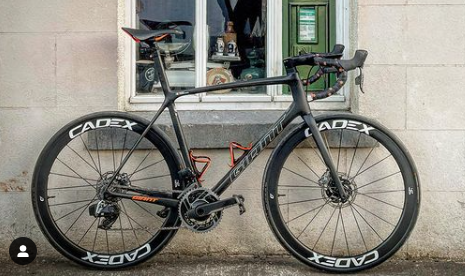

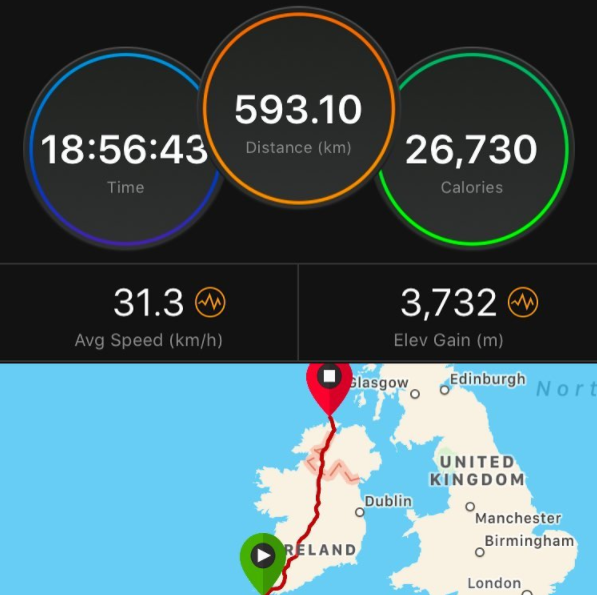
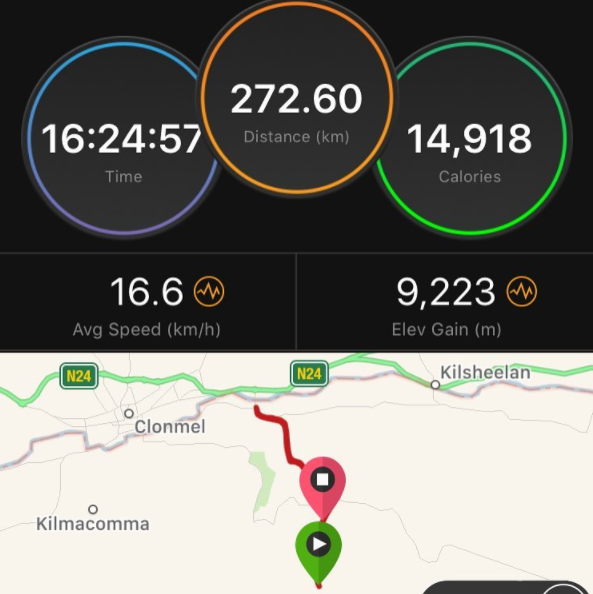
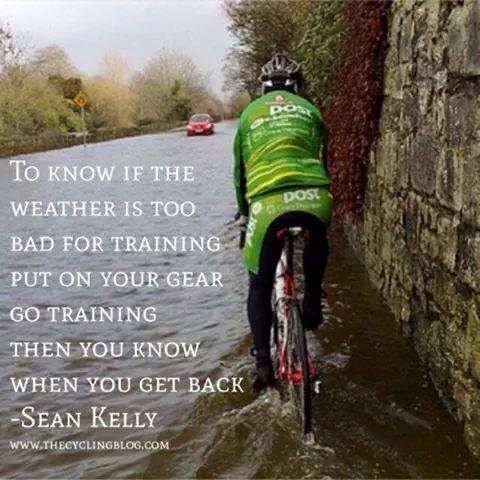
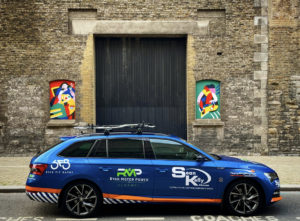
5 COMMENTS
Marcel
Any new blogs coming out?
Simon
Interesting read, I think also sleep should be in the list too
Dave
Nice article with some good advice.
A favorite saying from my cycling coach was “Control what you can control”. Your training, preparation, bike maintenance, organization are all within your control. You can’t control the weather, the competition, but you can be prepared for them. I second Simon’s comment regarding sleep, for me being well rested is very important.
Vincent Brown
Thanks for the Tips about Bike Racing. but i have Discovered something that
With hydraulic disc brakes, you win twice. The strong deceleration performance keeps you reliably and quickly to a standstill. Each time you pull the brake lever, the engine becomes the dynamo. The movement energy flows back into the battery as a current. In addition, you can set the energy recovery on the display manually.
great post! Keep it up and nice blog! more powers.
Marcel Wallace
Good tips. #5 is especially important to me. Training under the right conditions is so important – it’s not just about doing the training, you have to do it the right way.